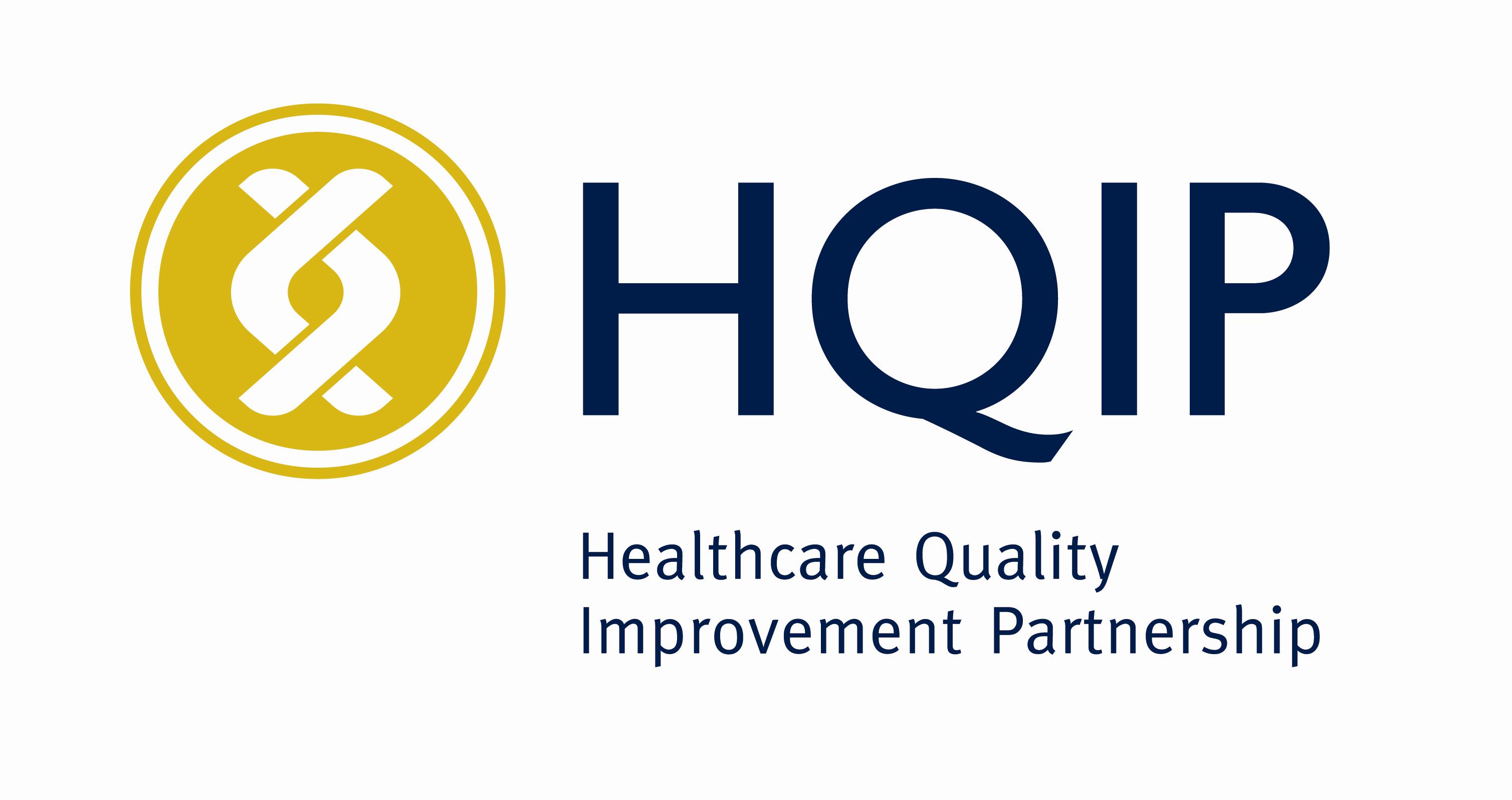What is the NNAP?Every year, around one in 11 babies (about 60,000 in England, Scotland and Wales) need care in a Neonatal Unit (NNU). These units look after babies who are:
· Born premature, or born before 37 weeks, or both
· Needing specialist medical treatment
The National Neonatal Audit Programme (NNAP) checks whether babies in neonatal units get the same high standard of care everywhere. It does this by looking at whether agreed national standards are met.
The audit helps highlight where care is working well and where improvements are needed. It is currently run by the Royal College of Paediatrics and Child Health (RCPCH).
Why we’re asking for your viewsNHS England is continuing to support the NNAP again. HQIP (Healthcare Quality Improvement Partnership) is responsible for designing the specification for what the new version of the audit should look like.
It is important that the audit focuses on what really matters to families. To do this well, we need to hear from parents and carers with neonatal experience.
There will be a meeting in November 2025 to help shape the new specification. Before then, we are asking for your feedback.
What does the current audit ask?The audit currently asks questions about different areas of neonatal care, and about babies’ medical outcomes. It covers:
·
Outcomes of neonatal care, focusing on some of the medical outcomes that can happen to babies born premature or sick, such as bronchopulmonary dysplasia, necrotising enterocolitis, infection, preterm brain injury and death.
·
Optimal perinatal care interventions prior to, during or immediately after birth that can improve outcomes for babies born premature or sick. This includes giving antenatal steroids and magnesium sulphate when needed, making sure extremely preterm babies are born in the right place, receive deferred cord clamping and are admitted to the neonatal unit with a normal temperature.
·
Parent partnership in care, focusing on breastmilk feeding through the neonatal stay, early parent consultation with a senior member of the neonatal team, and whether a parent is included in the daily consultant ward round.
·
Neonatal nurse staffing, looking at whether there are enough nurses working on neonatal units to ensure babies are cared for effectively.
·
Care processes, focusing on screening for retinopathy of prematurity, delivery of non-invasive ventilation, and whether a medical follow-up consultation takes place at two years of age.
Please think about the following questions and if you would like more information or would like to share more about your experience, please email
kim.rezel@hqip.org.uk by the 22nd October 2025.

